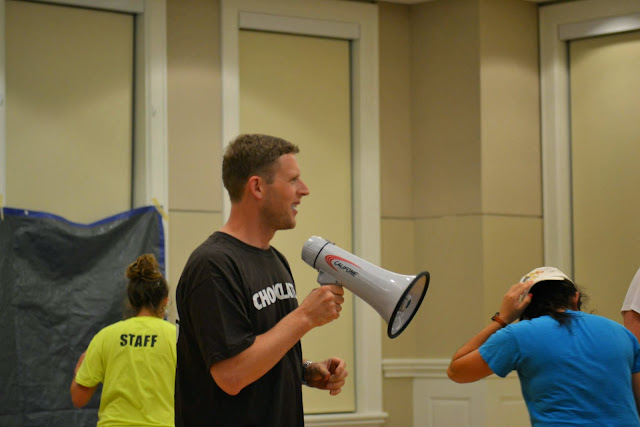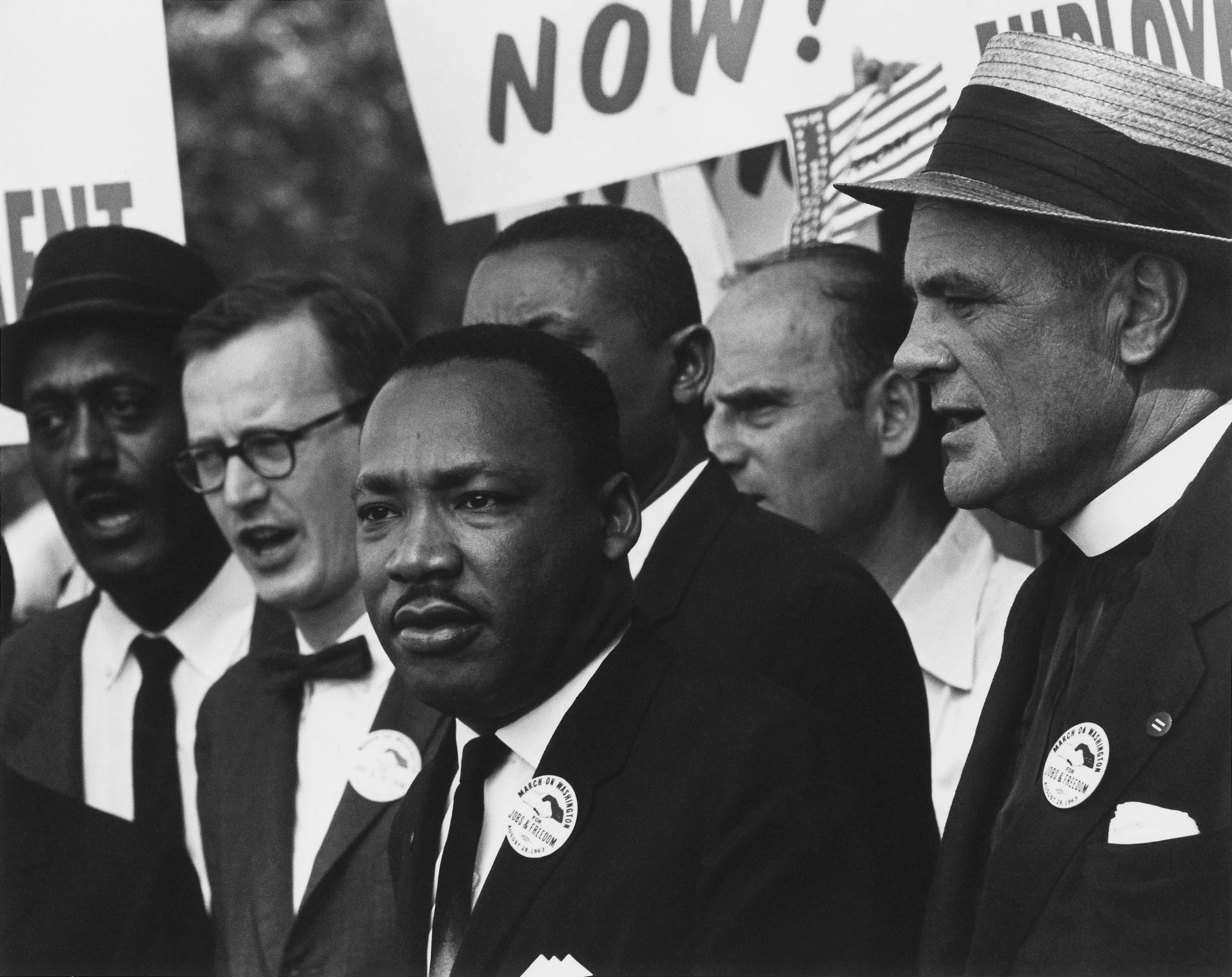Elizabeth Warren has been silenced in the Senate for impugning a fellow Senator. The rule tells Senators that criticizing the motives of a fellow Senator on the floor of the Senate is not allowed. Under Rule 19, Senators are not allowed to “directly or indirectly, by any form of words impute to another Senator or to other Senators any conduct or motive unworthy or unbecoming a Senator.”
So, are there any norms for speaking. Here are three plausible candidates suggested by Nicholas Wolterstorff’s in his book, Divine Discourse:
First, we should say what we mean. When we assert something we should believe what we say. When we make a promise we should intend to fulfill it. When we ask a question we should want to know the answer. This rule states that there should be some proper connection between the speaker’s mental state and the sentences she is uttering (or inscribing). Perhaps the rule can be best stated as my dad used to put it: engage brain before operating mouth.
Second, when we make assertions about the actual world, what we say should match the world accurately. Fake News is not merely a problem on the internet, it is an all pervasive consequence of human sin – we cheat on our tests, exaggerate our talents, and cover our tracks. If I told you assertively my house has six bedrooms I would be getting my facts wrong. What I have said bears an improper relationship to the world – it gets it wrong. When I get it wrong I have some obligation to amend my sentence to include the fact that there are four bedrooms in my house, not six.
Finally, we should speak according to our role in society. By our speech we sometimes give ourselves roles we don’t have. We pronounce ourselves not guilty even though we are not a judge. Thieves promise to provide goods in the marketplace that they have no right to promise. We call the basketball game even though we are not the referees. Social norms are often stipulated as is the case on the Senate floor. The rule applies to Senators and only applies when they speak in the Senate.
All of these obligations are to other people. And they are enacted the moment we open our mouths to speak. As I write to you I enter into an obligatory relationship with you. I am under obligation to you to restrict my speech to what conforms to norms of speech. I am also aware that there is never a time when my speech goes unheard. God always hears me. God gave us speech for worship. And by our words he will judge us (Matt 12:37).




2 Comments
Nathaniel Simmons
From John Searle, Speech Acts, 16.
"… I hypothesize that speaking a language is engaging in a rule-governed form of behavior…. The form that this hypothesis will take is that speaking a language is performing speech acts, acts such as making statements, giving commands, asking questions, making promises, and so on; and more abstractly, acts such as referring and predicating, and, secondly, that these acts are in general made possible by and are performed in accordance with certain rules for the use of linguistic elements."
That is, not only are speech acts distinguishable in part by the rules governing the acts, but that performing any speech act is only possible if there is some sort of system of rule which makes the speech act intelligible.
FWIW
Ben Holloway
Thanks Nathaniel, Wittgenstein, John Searle, and Saul Kripke all say similar things about rules. What is interesting is what kind of rules we have to obey. There are rules of games, rules of use etc. Wolterstorff says these rules should conceived of morally (at least in part). Of course, there may also be other kinds of rules in play as you say. In fact, I just had lunch with Brian Williams (do you know him?) and he also pointed me towards Searle's view on this. I am working on my dissertation (thesis: if language, then God) so your quote is very helpful. Thank you.